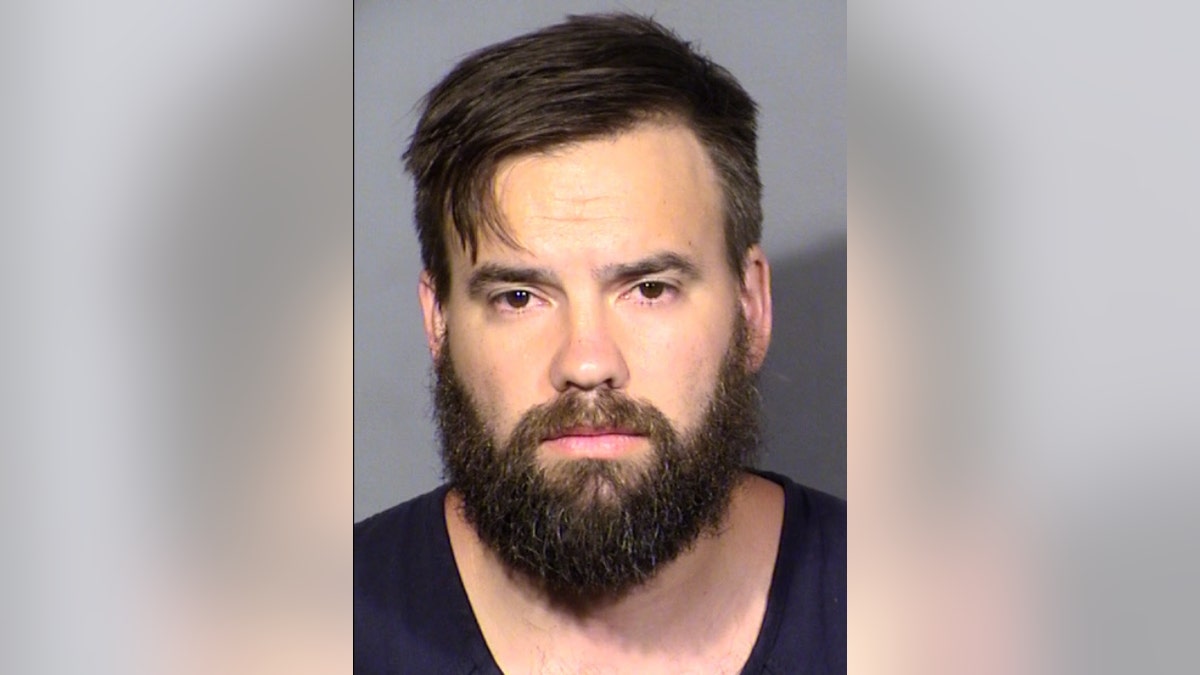The Caribbean remains a sought-after spring break haven, offering diverse cultural experiences, luxurious resorts, and pristine beaches. However, amidst its allure, it's crucial for travelers to remain vigilant. Former DEA Senior Special Agent Michael Brown, currently the global director of counter-narcotics technology at Rigaku Analytical Devices, emphasizes the importance of awareness while enjoying these islands.
"The Caribbean's appeal as a vacation spot is undeniable," Brown states, "but it's also a significant drug transit point in the Western Hemisphere, and a prime location for money laundering and offshore accounts. While many islands are safe, others have been compromised, requiring travelers to be discerning."
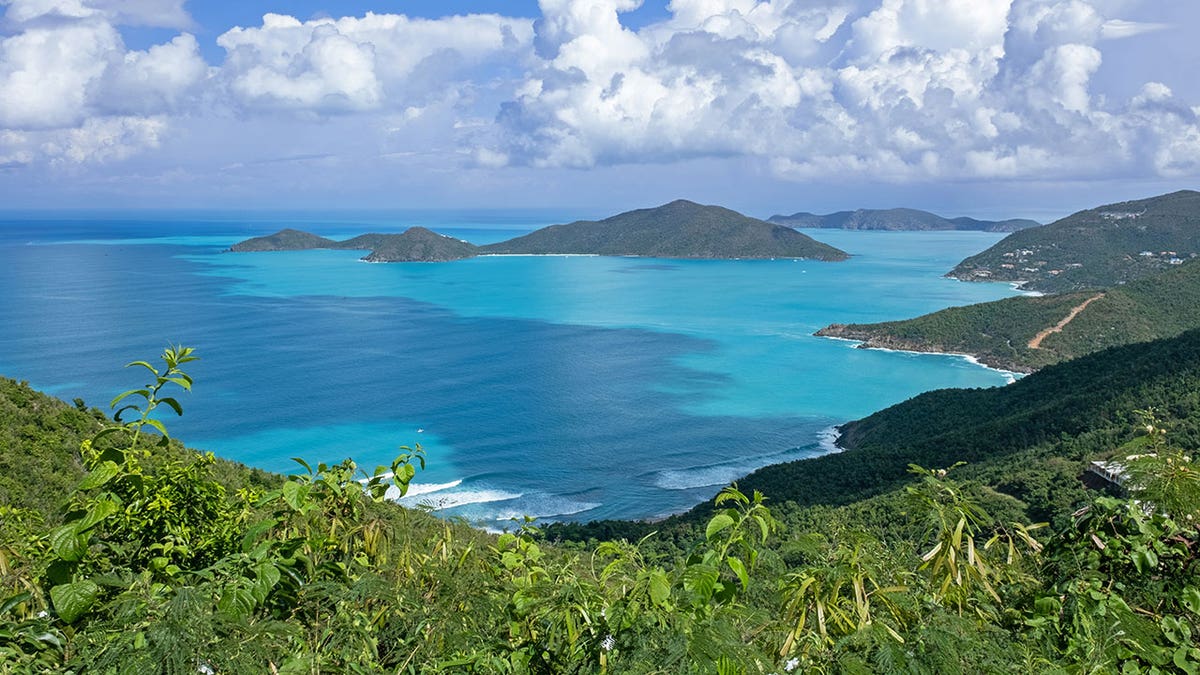
The tragic case of Natalee Holloway serves as a stark reminder of the potential dangers. Brown highlighted this incident, where the Alabama teenager vanished after leaving an Aruba bar with Joran van der Sloot in 2005. Van der Sloot later confessed to killing Holloway and another woman in Peru.
The U.S. State Department issues travel advisories to guide citizens, categorizing destinations based on safety and security risks. Here’s a breakdown for popular Caribbean islands:
Level 1 (Exercise Normal Precautions):
These islands present minimal risk, although travelers should remain aware of their surroundings. The list includes Antigua and Barbuda, Aruba, the British Virgin Islands, the Cayman Islands, Dominica, Grenada, Sint Maarten, Saint Kitts and Nevis, and Saint Lucia.
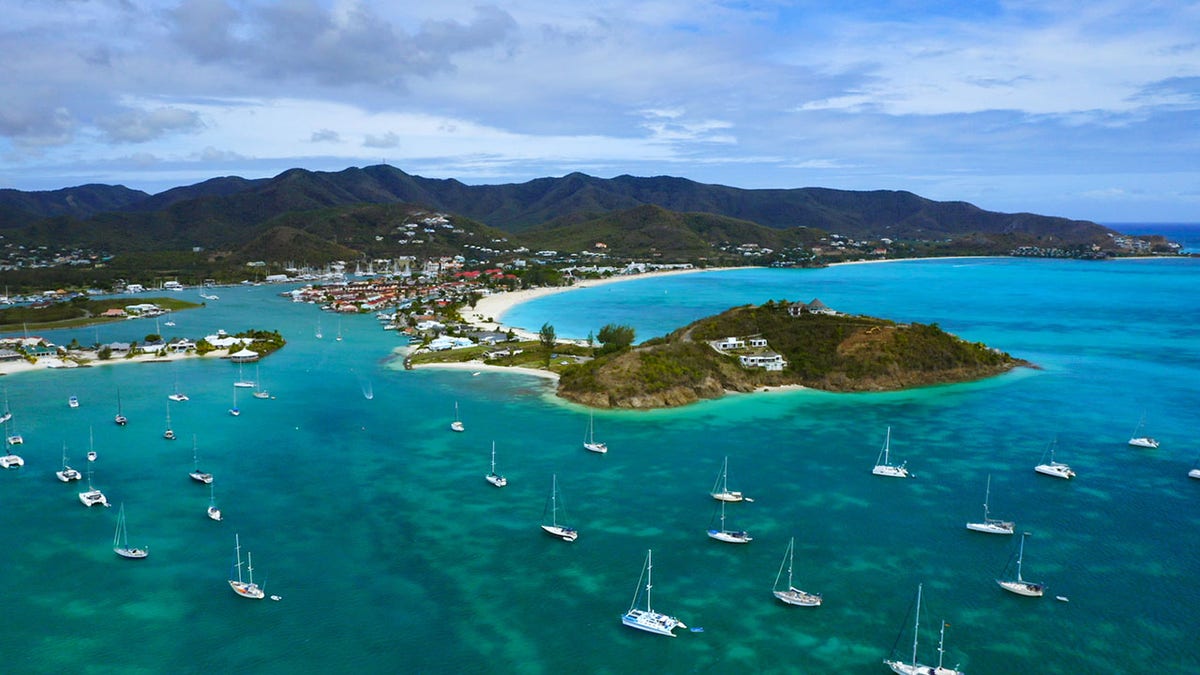
Level 2 (Exercise Increased Caution):
This level indicates heightened safety and security risks. The Bahamas, Cuba, Dominican Republic, Netherlands Antilles, and Turks and Caicos fall under this category. Brown cautions, "Resorts can be hunting grounds for predators targeting vacationers, particularly young women who might be more vulnerable due to alcohol consumption or drug use."
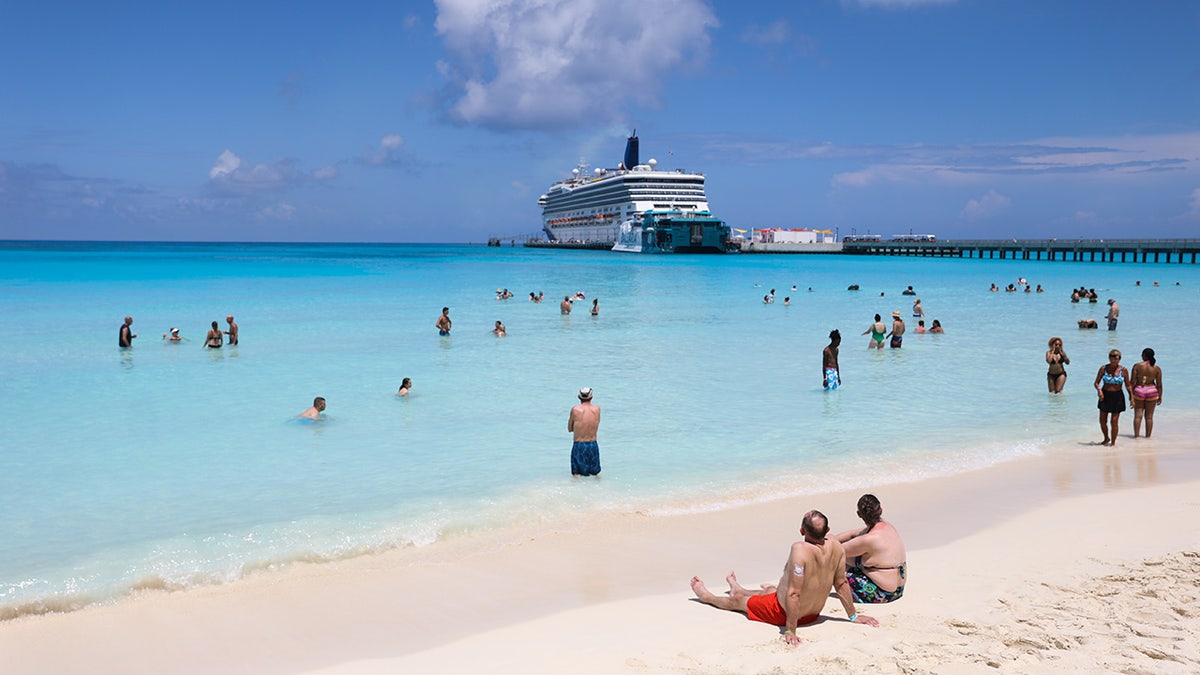
Recent incidents in Turks and Caicos, including the arrest of Americans for ammunition possession and the death of an Illinois deputy by a stray bullet, underscore the need for vigilance.

Level 3 (Reconsider Travel):
Jamaica currently holds this designation, advising travelers to reconsider trips due to serious safety and security concerns. Brown, recounting a recent conference experience in Jamaica, was explicitly warned against leaving the resort due to the island's high crime and murder rates. He recommends carrying a tracking device for those venturing outside resort areas.

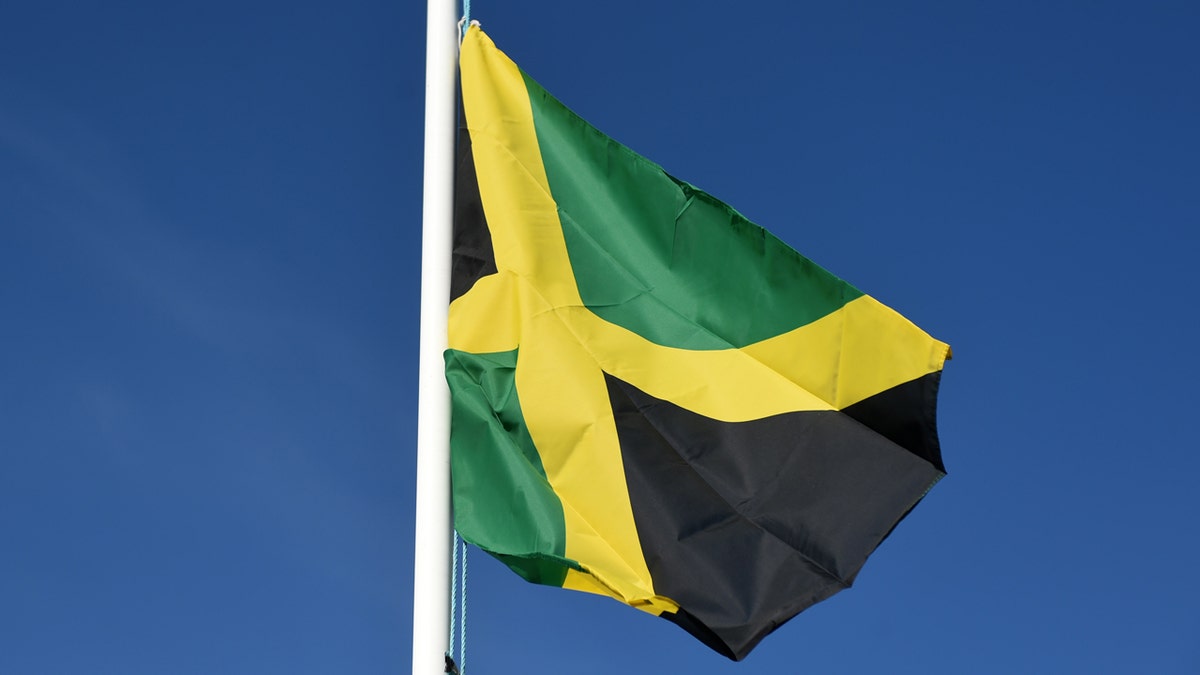
Level 4 (Do Not Travel):
Haiti carries this highest warning level, indicating life-threatening risks. The U.S. government's ability to provide assistance is severely limited, and the State Department urges Americans to leave immediately if safe to do so. Rampant gang violence and widespread lawlessness contribute to this dangerous environment.
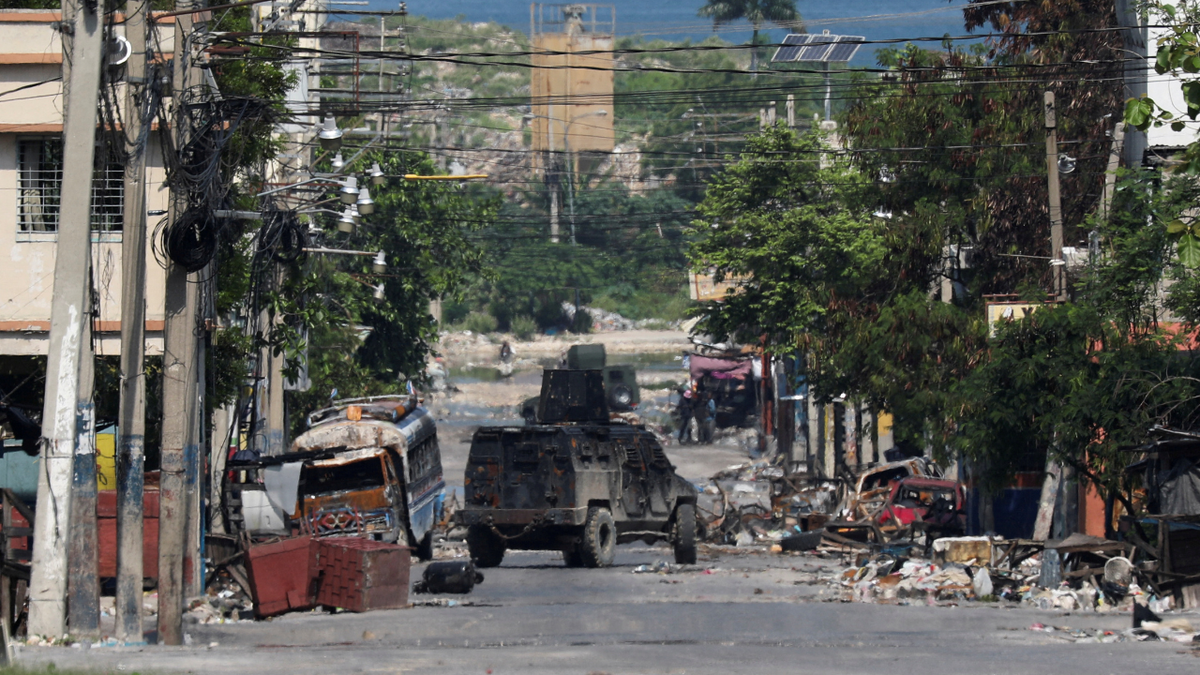
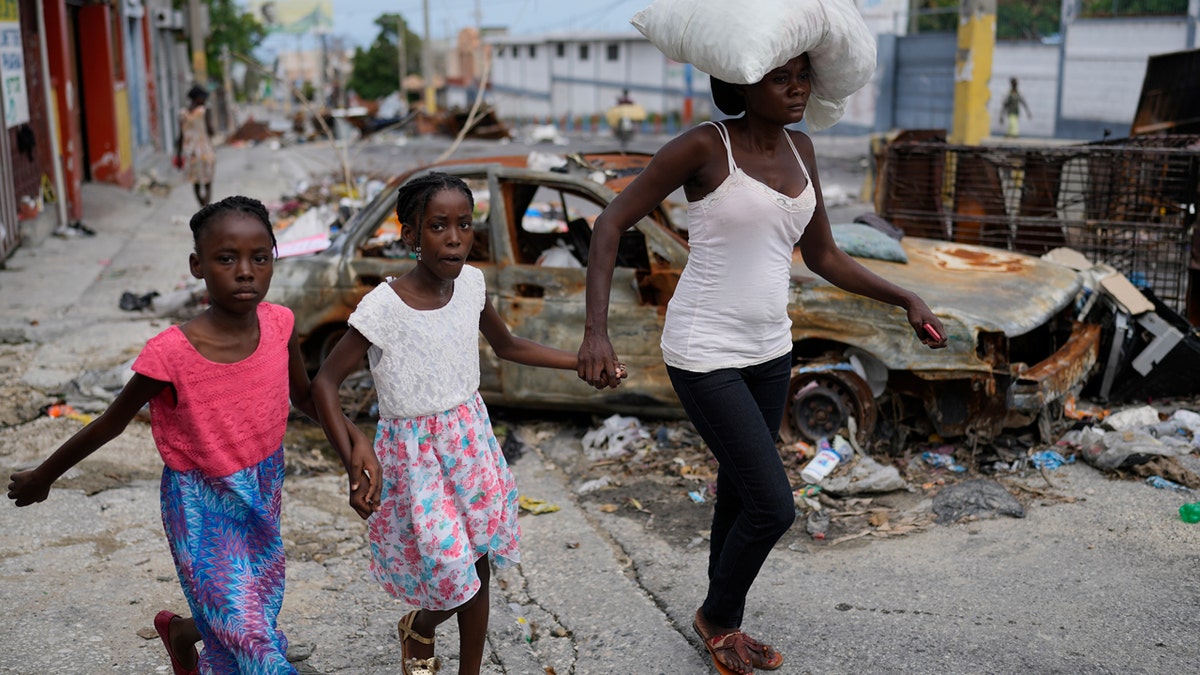
Brown emphasizes the link between drug trafficking and the potential dangers in the Caribbean. "Numerous drug trafficking groups operating within the islands support Colombian, Peruvian, and Mexican cartels, creating a hazardous environment for unsuspecting tourists," he explains.







